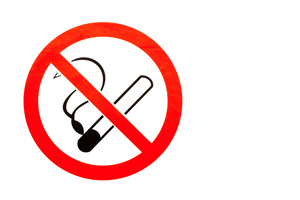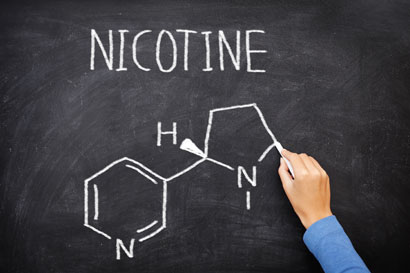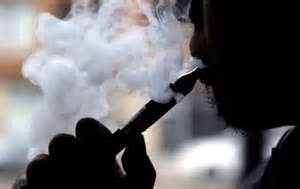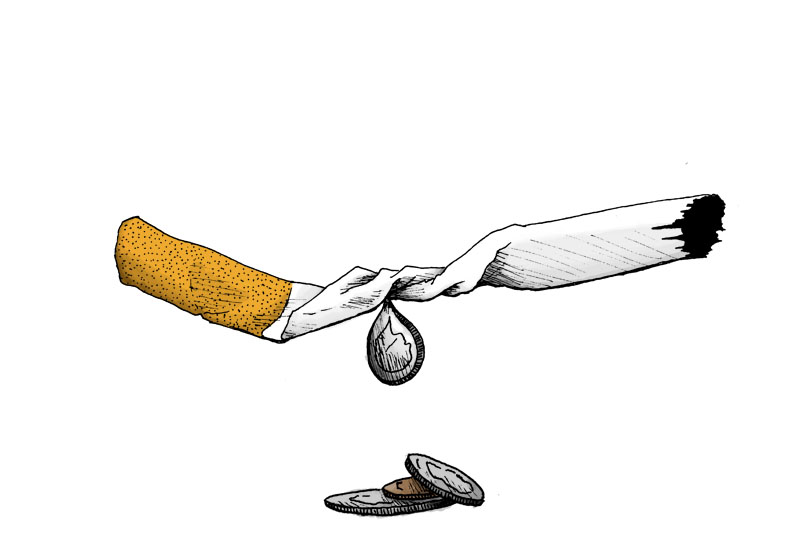‘There is no epidemic in [US] teen vaping,’ according to a story by Michelle Minton published at insidesources.com.
Minton pointed out that the latest survey data [on which claims of an epidemic are based in part] from the US Centers for Disease Control (CDC) dealt only with any electronic-cigarette use during the past month.
Previous data, she said, had shown that fewer than six percent of teens (including 18-year olds, who can legally purchase e-cigarettes) vaped habitually (20-30 days a month).
That meant that more than 94 percent of teens were not vaping regularly.
Furthermore, Minton said, CDC data did not indicate how many of these teenage vapers were using nicotine, an important point given that previous research had found most of them were not.
The data didn’t indicate either what percentage of teen e-cigarette users had never smoked, a number previous research put at less than one percent.
More important, the latest CDC data revealed nothing about underage smoking, which was the single most important data point in evaluating the harms or benefits of teenage vaping.
Since the introduction of e-cigarettes to the US market, adolescent use of cigarettes had more than halved, from 15.8 percent in 2011 to 7.6 percent in 2017.
‘Rather than e-cigarettes acting as a gateway to smoking, as is assumed by government and advocacy groups, this indicates that teenage e-cigarette use is more likely diverting would-be smokers toward a less harmful means of nicotine consumption and potentially away from nicotine consumption altogether,’ Minton said.
Minton’s piece looks too at why government agencies and certain health activists focus more on scaring people about the unknown risks of e-cigarettes than helping them understand the relative risks of vaping compared to smoking.










